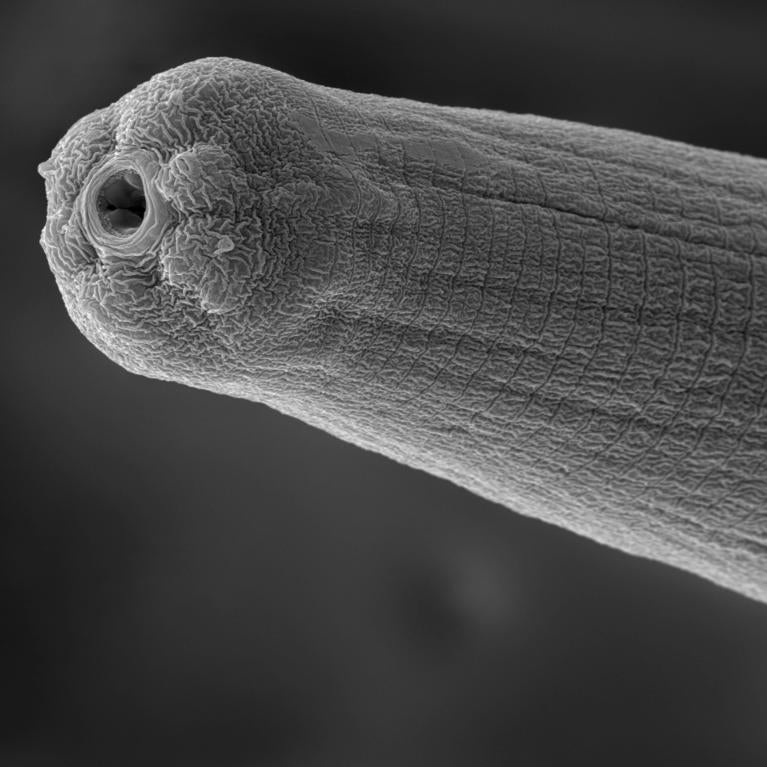
Petri dishes don’t make good hosts for parasitic nematodes
Some of what scientists know about how parasitic nematodes damage their host’s tissues may be missing the mark
By Holly Ober |
| Science / Technology

Some of what scientists know about how parasitic nematodes damage their host’s tissues may be missing the mark